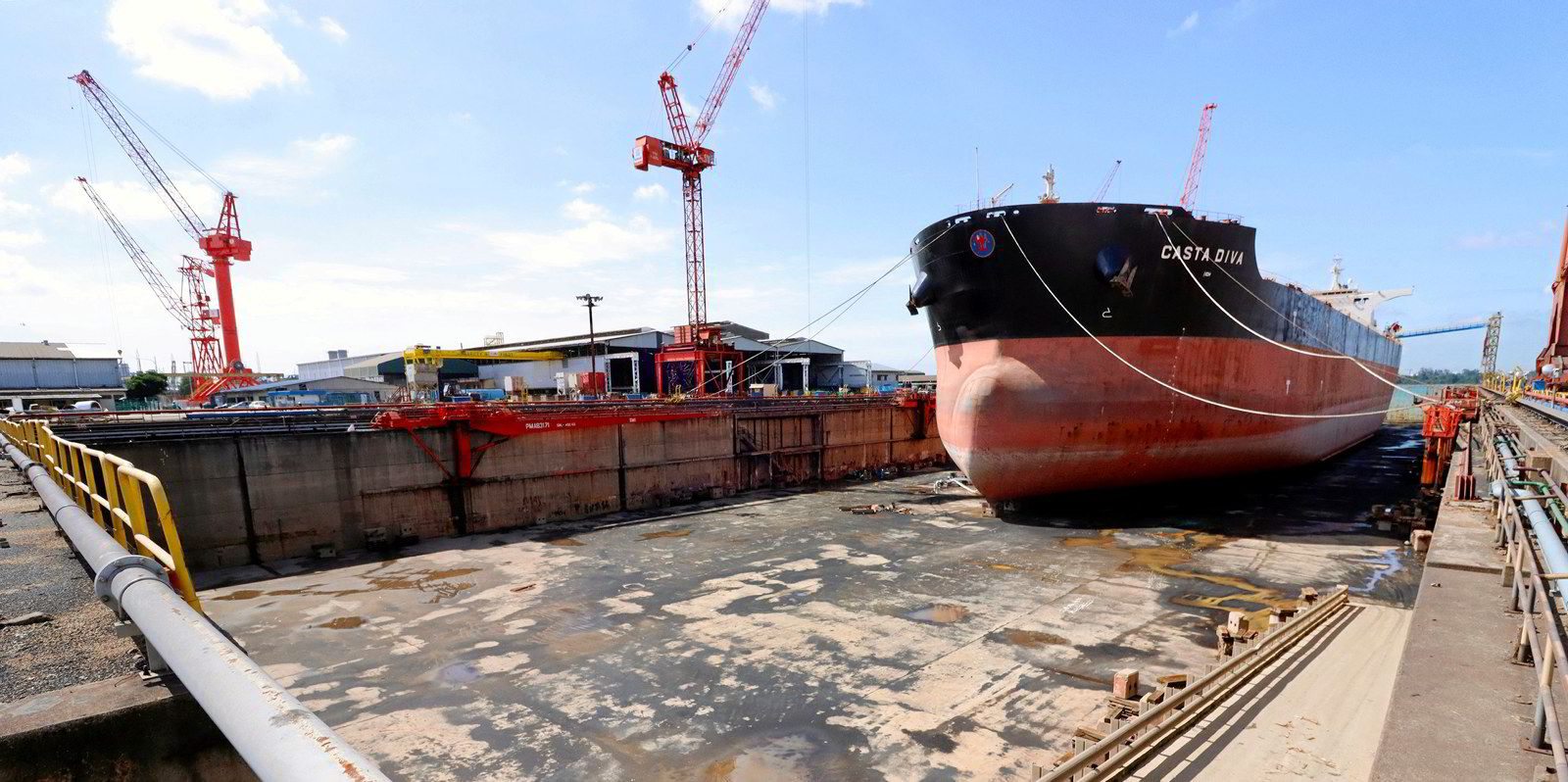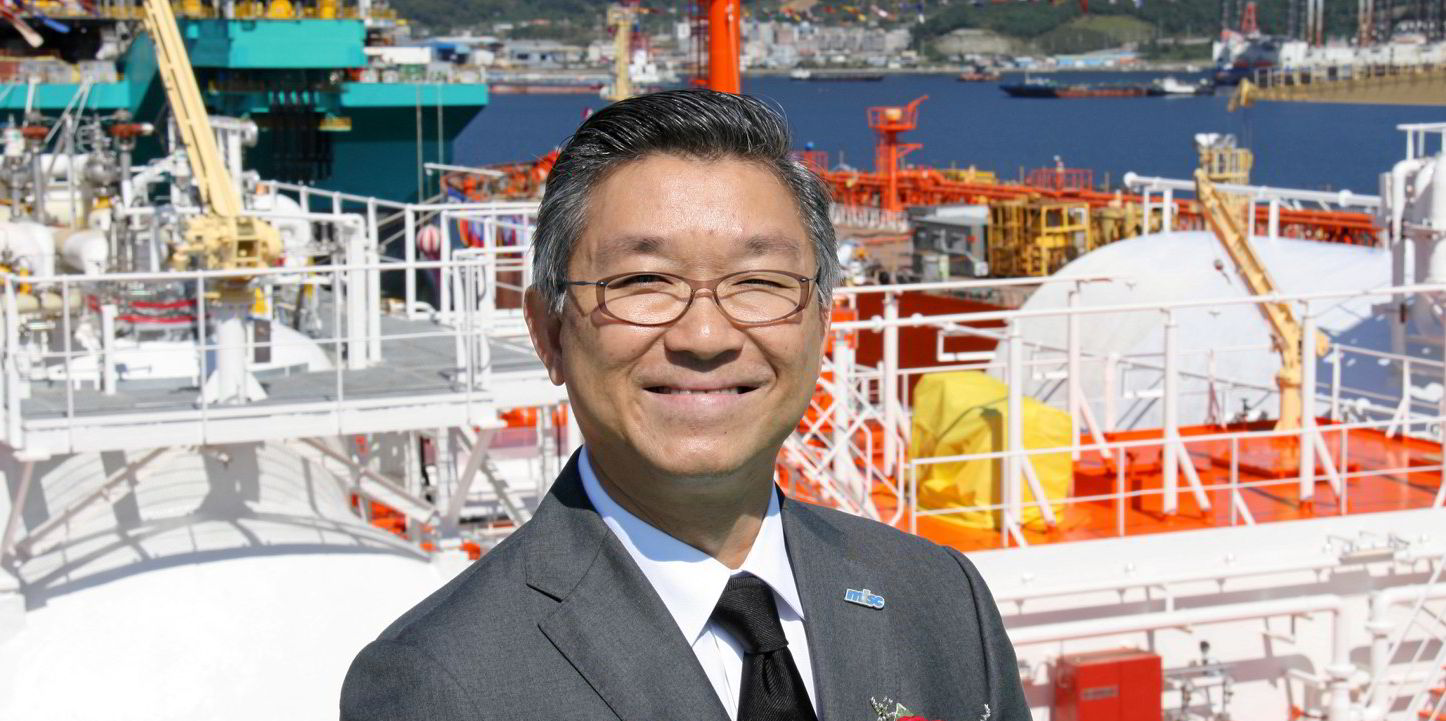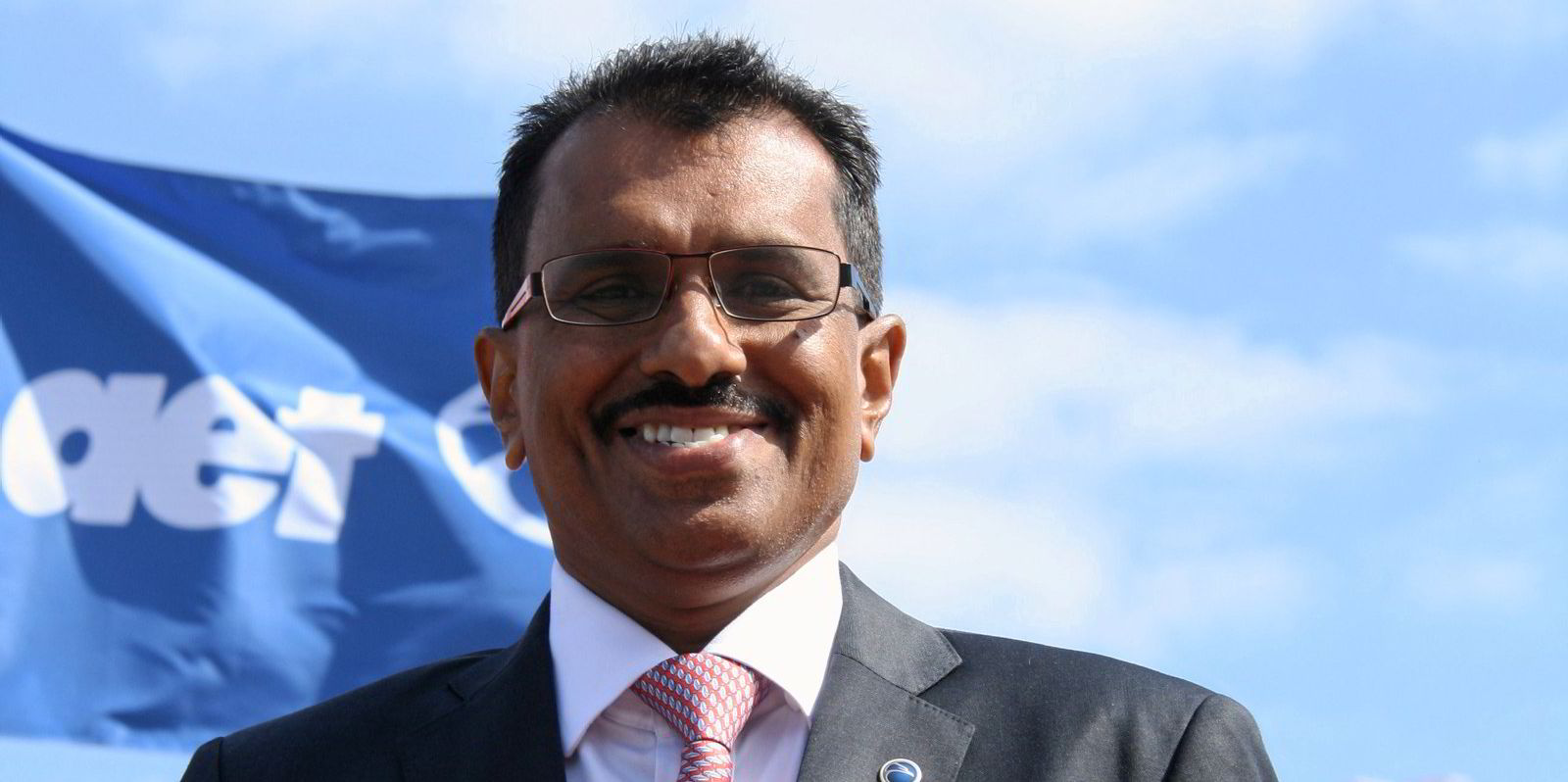Money came flowing into the coffers at Malaysia’s MISC Berhad at a high rate during the second quarter of its financial year, but write-downs from vessel impairments and contract renegotiations, together with higher offshore construction costs, dipped it down into the red.
Despite revenue coming in at MYR 3.2bn ($72m), a 35% improvement year-on-year, and a gross profit of MYR 460.9m, the hydrocarbon shipping giant finished the quarter with a loss before tax of MYR 400,000.
Blame for what MISC President and group chief executive Yee Yang Chien described as an “unfortunate” overall financial performance during the second quarter was placed on an increase in construction costs of an FPSO arising from the global supply chain issues and recent lockdowns in parts of China, which affected the movement of project personnel.
Yee said the company was also negatively impacted by accounting impairments of some of its older LNG carriers as well as adjustments made to the finance lease accounting for an ongoing FPSO project.
MISC did see many positive developments during the quarter. Yee said the company enjoyed a “robust and commendable operational performance” with higher revenues earned by its mid-sized tankers, its offshore business, gas transportation business and its marine repair and heavy engineering division.
Combined with its first quarter results, MISC’s revenue for the first half of 2022 came in at MYR 6.07bn, 24.2% higher than the corresponding six months period in 2021.
Profit before tax of MYR 386m was significantly lower than the MYR 940m reported for the corresponding period of 2021.
Looking ahead, MISC said spot rates for LNG carriers continue to soar due to higher demand for LNG, especially from Europe, as well as expected restocking of gas for the coming winter in the UK, Asia and Europe.
With near-term prospects for gas shipping remaining positive due to strong global demand for LNG, especially from Europe as a result of the push towards energy security, and accelerated investment in liquefaction infrastructure is expected to further support LNG supply growth.
MISC said its gas assets and solutions segment will continue to pursue growth opportunities, while its operating income continues to remain “sturdy”, supported by its existing portfolio of long-term charters.
On the tanker front, the company noted that rates for VLCCs remained weak while rates for mid-sized tankers continued to increase before weakening in early May 2022 due to easing of premiums in Russian cargoes and lower oil supply due to production disruptions in some countries.
However, it said that while some short-term improvements are expected through continued changes in oil trade patterns, the gradual increase of OPEC+ production, and an increase in global oil demand particularly due to the easing of China lockdowns, there remains a downside risk of further lockdowns in China due to the country’s zero Covid policy, as well as recessionary risk as interest rates are hiked.
MISC’s tanker business will therefore continue to focus on building long-term secured income through its niche shuttle tanker business and rejuvenation of its tanker fleet.
MISC said it was optimistic about the prospects of its offshore sector, where it operates a fleet of FPSOs. Backed by the combination of high oil prices, improved global oil demand and increased capex spending, the company expects demand for FPSOs to stay firm with increasing project awards expected over the next few years.
Repair recovery
The company said it remained “cautiously optimistic” about its Malaysia Marine and Heavy Engineering (MMHE) shipyard facility in Pasir Gudang.
Separately listed MMHE on Wednesday reported a pre-tax profit of MYR 24.9m on revenue of MYR 818.4m.

Managing director and CEO Encik Pandai Othman said he expected business to remain challenging, albeit gradually recovering in 2022.
“We foresee growth in demand for dry-docking activities at our yard as vessel owners gear up for an increase in seaborne trade requirements. The continued lockdowns in China have also improved our market share as shipowners opted for alternative shipyards in the region. Nevertheless, the prevalent nationwide labour shortage may limit our ability to take up more jobs and poses significant risks to the timely execution of dry-docking works.”
Othman also cautioned that while capital spending by oil majors is expected to continue to increase, which bodes well for MMHE’s heavy engineering business, prolonged global supply chain disruptions and volatile commodity prices such as steel amidst a sharp rise in global inflation could adversely impact business prospects as well as the execution of ongoing projects.






